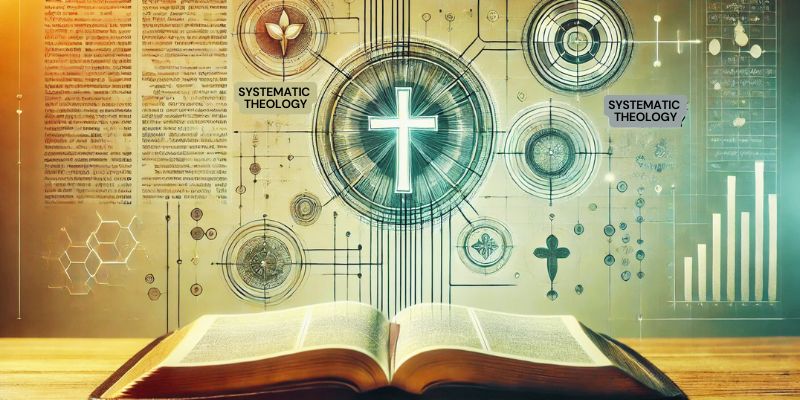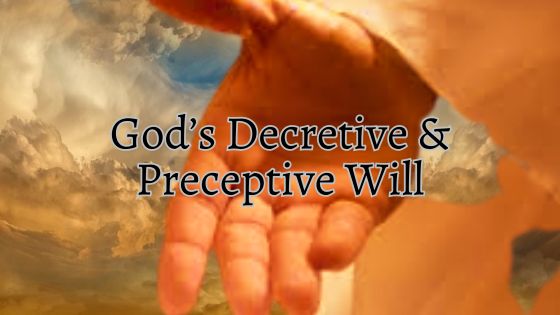Remembering Charlie Kirk: His Life, Legacy, and Faith
When I first came across Charlie Kirk’s work years ago while I was still living in the Middle East, I remember feeling an immediate sense of connection. Even though I was far from the United States, his boldness in speaking the truth, his unapologetic defense of faith and conservative values, and his passion for reaching … Read more










